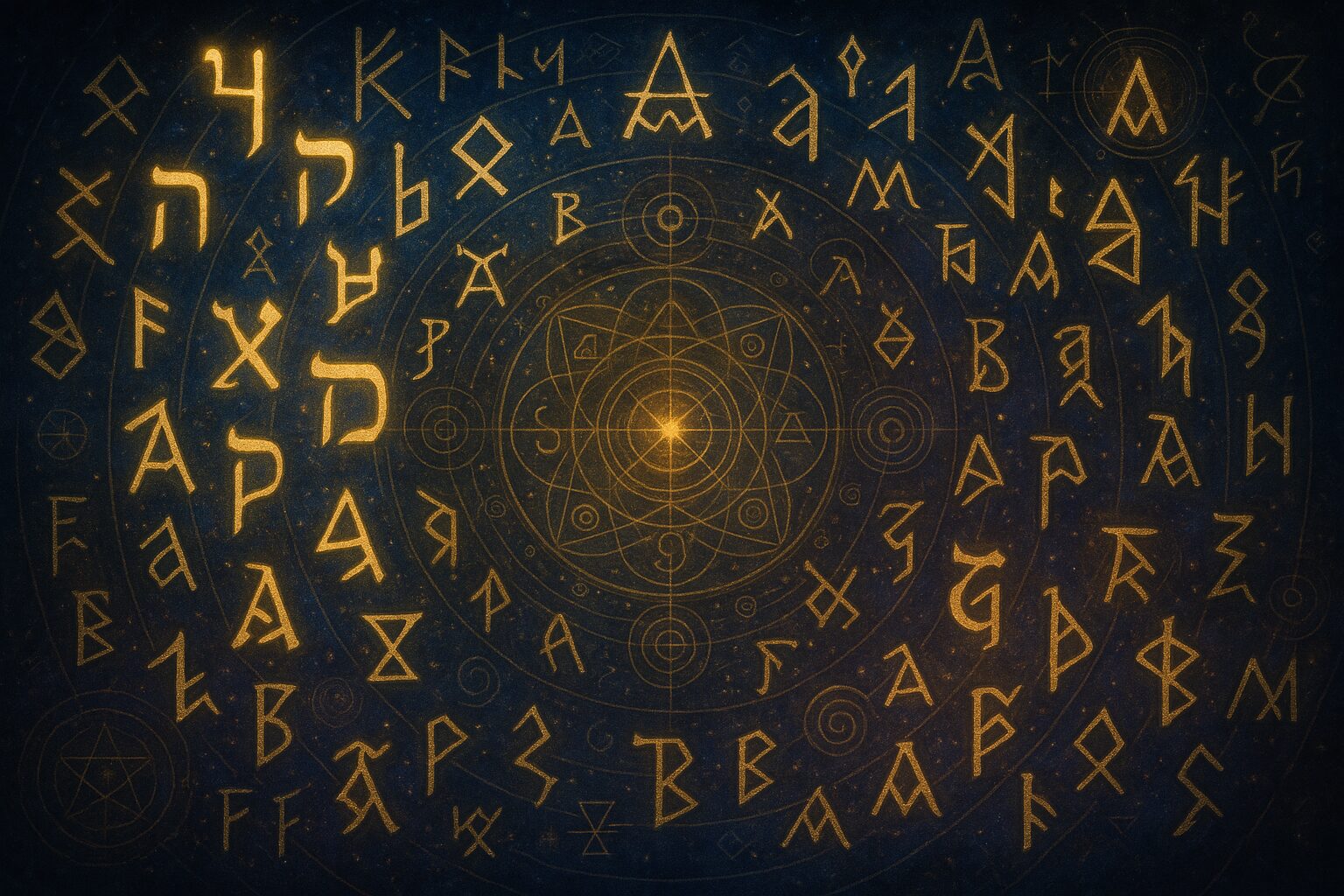“Words are the physicians of a mind diseased.”
— Aeschylus, quoted by Coleridge
Beneath the mist of the English mind lies not silence—but structure. A quiet architecture of abstraction, logic, and restraint. English thought is not the fire of French existentialism or the fervor of German idealism—it is a slow-burning candle in the backroom of a chapel, illuminating the form of thought itself.
And yet, within this discipline, there is a hidden mysticism—an almost monastic devotion to clarity, to ethics, to the moral gravity of grammar. The English tradition may rarely shout, but it listens to the soul with a philosopher’s patience.
Empirical Ghosts and Rational Faith
The groundwork of English philosophy is laid by John Locke, who, in his Essay Concerning Human Understanding, wrote:
“No man’s knowledge here can go beyond his experience.”
This empiricism, humble and pragmatic, becomes a spiritual posture. Truth is not revealed in visions—it is earned through observation. But behind this modesty lies a reverence: the world is knowable, therefore it must be ordered. And if it is ordered, there is a kind of sacredness in its pattern.
Isaac Newton, mystic of motion, once declared:
“In the absence of any other proof, the thumb alone would convince me of God’s existence.”
The abstract becomes spiritual. Precision becomes devotion.
Coleridge and the Logos of Poetry
While Locke laid the foundation, the romantic poets and thinkers built a cathedral of metaphor upon it. Samuel Taylor Coleridge, drug-drenched and God-haunted, saw no difference between poetic language and divine architecture.
“The primary imagination I hold to be the living power and prime agent of all human perception.” — Biographia Literaria
Here, imagination is not escape. It is the Logos in action—the shaping Word. Coleridge crafts a bridge between the empirical mind and the mystical impulse. Poetry becomes philosophy with wings.
In this lineage, we find echoes in T.S. Eliot, whose bleak modernism drips with sacred thirst:
“We had the experience but missed the meaning.” — Four Quartets
Eliot’s England is not empirical. It is haunted. And in that haunting, it becomes holy.
Moral Order and the Grammar of the Soul
English ethics is a ghost story written in syllogisms. G.E. Moore, father of analytic philosophy, famously said in Principia Ethica:
“Good is good, and that is the end of the matter.”
It’s a declaration both maddening and mystical. English thought often resists metaphysical flamboyance, but in that refusal lies its spiritual gravity. The sacred is found in the minimal—like the monastic life of thought.
Iris Murdoch, both novelist and philosopher, returns ethics to the mystical with her vision of moral attention:
“Love is the extremely difficult realisation that something other than oneself is real.”
Here, thought becomes prayer. To truly think is to behold. The grammar of ethics is the liturgy of humility.
The Still Flame in the Fog
In the midst of this legacy, London emerges as the hearth of these ideas. Not a city of revolutions, but of long contemplation. Coffeehouses as cloisters. Libraries as cathedrals. The mind as sacred ground.
London fog is not only a meteorological event—it is a metaphor for English metaphysics. Obscured, subtle, slow to clear, yet full of depth when the light filters through.
Conclusion: Thought as Devotion
English thought, in its quiet grammar and abstraction, hides a mystical impulse. Not through ecstatic vision, but through devotion to the form. In the measured sentence, in the structured argument, in the observed world—there lies a faith.
It is a faith not in God alone, but in meaning itself.
In this, English thinkers become contemplatives—crafting syllogisms like psalms, theories like icons. The ghost in the grammar is not an error. It is a revelation.

